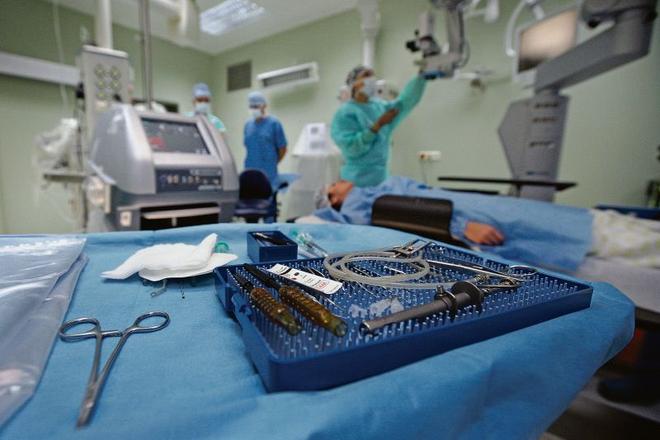Slovakia belongs to the worst countries in Europe when it comes to prevention and treatment of cardiovascular diseases. This stems from the Euro Heart Index 2016 survey carried out by the Swedish company Health Consumer Power House, the Sme daily reported.
Several cardiologists addressed by the daily, however, doubt some findings of the Swedish company.
Slovakia placed 25th of 30 surveyed countries. All other countries of the Visegrad Group, i.e. Poland, the Czech Republic and Hungary, placed better.
It is already the third survey or study carried out in past two years whose results suggest that the health conditions of Slovaks and the quality of health treatment belong to the worst in Europe, Sme wrote.
“We receive such signals from several resources, with Euro Heart Index being one of them,” Martin Studenčan, head of the cardiovascular clinic of the Prešov teaching hospital, told Sme.
Slovakia scored poorly especially in lifestyle of inhabitants and prevention of cardiovascular diseases. More than one-quarter of adult Slovaks are obese, the survey suggests.
Children do not have enough PE lessons at schools, while we do not eat enough fresh fruits and vegetables. As a result, more than one-quarter of people have higher blood pressure. The authors of the survey also criticise Slovakia for long waiting periods for heart examinations by ultrasound devices and examinations linked to cardiovascular disease suspicions.
Another problematic point is the high number of deaths caused by cardiovascular diseases, Sme wrote.
“The prevention is a reflection of the nation’s culture in sense of responsibility for one’s own health; in Slovakia the awareness is traditionally low,” Robert Hatala of the National Institute of Cardiovascular Diseases told Sme.
Some cardiologists however disagree with the findings, especially the one that there is not enough medication to prevent cardiovascular diseases. They also oppose the criteria of pre-hospital thrombolysis, i.e. delivery of medication when someone has symptoms of a stroke, as it is considered outdated.



 Illustrative stock photo (source: SME)
Illustrative stock photo (source: SME)